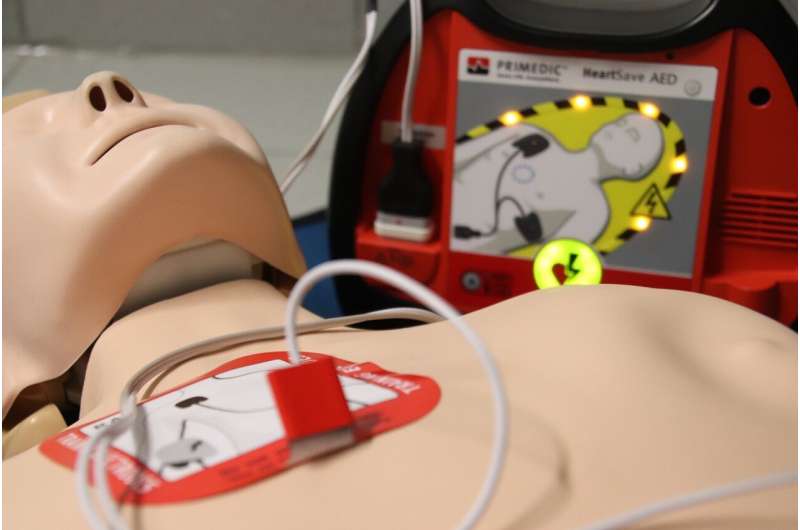Enhancing Recovery Protocols Significantly Reduces Long-Term Opioid Use After Colorectal Surgery

Implementing enhanced recovery protocols in colorectal surgery significantly reduces long-term opioid dependency, improving patient outcomes and addressing opioid misuse.
Recent research conducted by investigators at Mass General Brigham highlights the positive impact of improved patient recovery strategies on reducing long-term opioid dependency following colorectal surgeries. The study, which analyzed data from multiple centers, found that as hospitals adopted enhanced recovery after surgery (ERAS) protocols—focused on minimizing narcotic use during and after surgery—the number of patients continuing to use opioids six months and beyond decreased notably.
The retrospective, multicenter study included 1,363 patients undergoing elective colon or rectal surgeries who were opioid-naïve before their procedures. Results showed a clear trend: with the implementation of progressive ERAS protocols, the proportion of patients still on opioids six months post-operation dropped from 16% in 2017–2018 to just 11% in 2019–2020. Similarly, long-term opioid use after 12 months decreased from 11% to only 4% in the same period. A subsequent cohort study in 2023–2024 revealed that only one patient out of 445 remained on opioids three months after surgery.
Key strategies underpinning these improvements included reducing the use of long-acting narcotics during anesthesia, utilizing intravenous non-narcotic medications such as acetaminophen for pain management, and standardizing opioid prescriptions at discharge. These measures aimed to strike a balance between effective pain control and preventing opioid dependency.
The study emphasizes that high inpatient opioid use can foster persistent narcotic dependence, even among individuals without prior drug abuse history. By refining recovery pathways, hospitals can substantially lower the risk of long-term opioid use, contributing to better postoperative outcomes and addressing the ongoing opioid crisis. This research underscores the importance of institutional collaboration and continuous protocol enhancements to improve patient care.
For more information, the full study is published in the Journal of Surgical Research: DOI: 10.1016/j.jss.2025.04.019.
Stay Updated with Mia's Feed
Get the latest health & wellness insights delivered straight to your inbox.
Related Articles
Encouraging Outcomes of CAR T-cell Therapy for Leukemia and Lymphoma in Sweden
Swedish research reports improved survival rates and fewer side effects in leukemia and lymphoma patients receiving CAR T-cell therapy, marking a significant advancement in cancer immunotherapy.
How Dying Cancer Cells Reprogram Immune Cells to Support Tumor Growth
New research uncovers how dying cancer cells manipulate immune cells to produce signals that promote tumor growth, revealing potential targets for innovative treatments.
Decline in Cardiac Arrest Survival Rates During Early COVID-19 Years
A recent study reveals that COVID-19’s early years led to decreased survival rates for out-of-hospital cardiac arrests, with notable racial and ethnic disparities persisting through 2022. Learn about the impact and ongoing challenges.
Advanced Neuromonitoring Accelerates Detection of Brain Damage in Newborns with Oxygen Deprivation
Innovative bedside neuromonitoring techniques enable faster prediction of brain injury severity in newborns with oxygen deprivation, improving early intervention and care outcomes.



